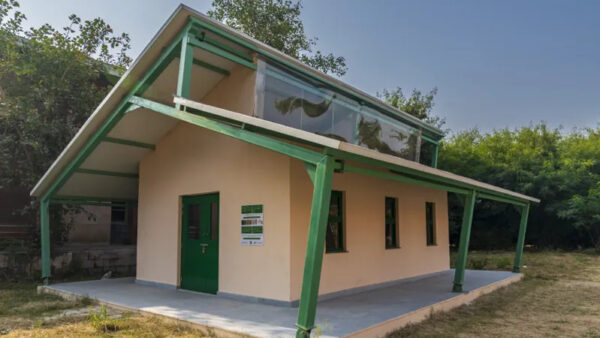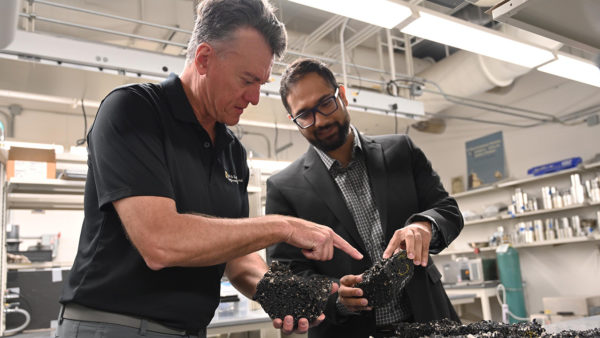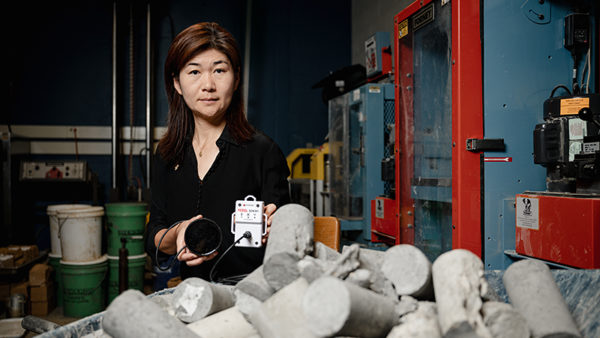In order to tackle poor productivity in its fragmented construction industry, the government of Singapore will require companies throughout the supply chain to band together in “alliances”, and to come up with joint business plans lasting at least three years showing how these alliances will raise their productivity with offsite manufacturing and digitalisation.
In a speech to parliament yesterday, National Development Minister Desmond Lee said productivity was hampered by the “heavy inter-dependencies among different stakeholders along the value chain”, from developers and contractors to consultants and subcontractors.Â
“Given these inter-linkages, it is difficult for any one firm in the value chain to transform on its own,” Lee said. “And this pandemic has shown that we are only as strong as the weakest link in the chain.”
The so-called “Growth and Transformation Scheme” (GTS) would “uplift the entire built environment ecosystem”, by encouraging investment in transformation, building capability, developing the workforce, and improving strategic collaboration, the minister said.
“This will help pave the way for the alliances to take on larger or more complex projects, or develop niche strengths in the future,” Lee said.
He said the GTS would be rolled out “with a few alliances first” which will be monitored to improve the scheme along the way. “Over time, the GTS should catalyse transformations throughout the Built Environment ecosystem, so that the sector can progress together, including our sub-contractors further down the value chain,” he said, promising more details this year.
To further incentivise less labour intensive off-site work, the government plans to remove the Man-Year-Entitlement, Singapore’s formula for calculating how many foreign workers a main contractor can employ based on the value of its awarded contracts. The new formula will introduce a leaner entitlement.
The government will also adjust its “Buildability Framework” to make offsite, referred to as Design for Manufacturing and Assembly (DfMA), the default method for larger projects.
Uniquely among governments, Singapore has pursued a joined-up policy of forcing change in its construction sector.
It zeroed in on DfMA as a route to higher productivity in 2014, pouring S$55m into a productivity fund, and commissioning a series of “integrated construction and precast hubs”, which are highly-automated, multi-storey factories for producing precast concrete building elements and volumetric modules.
Yesterday, Minister of State Tan Kiat told parliament that construction productivity had seen a 7% improvement since 2017 thanks to DfMA and digital technologies.Â
DfMA adoption had doubled over the last three years, from 19% in 2017 to 39% in 2020, the minister said.
Image: Apple’s latest store in Singapore, designed by Foster + Partners, opened in September 2020 (Courtesy of Apple)
See also:










